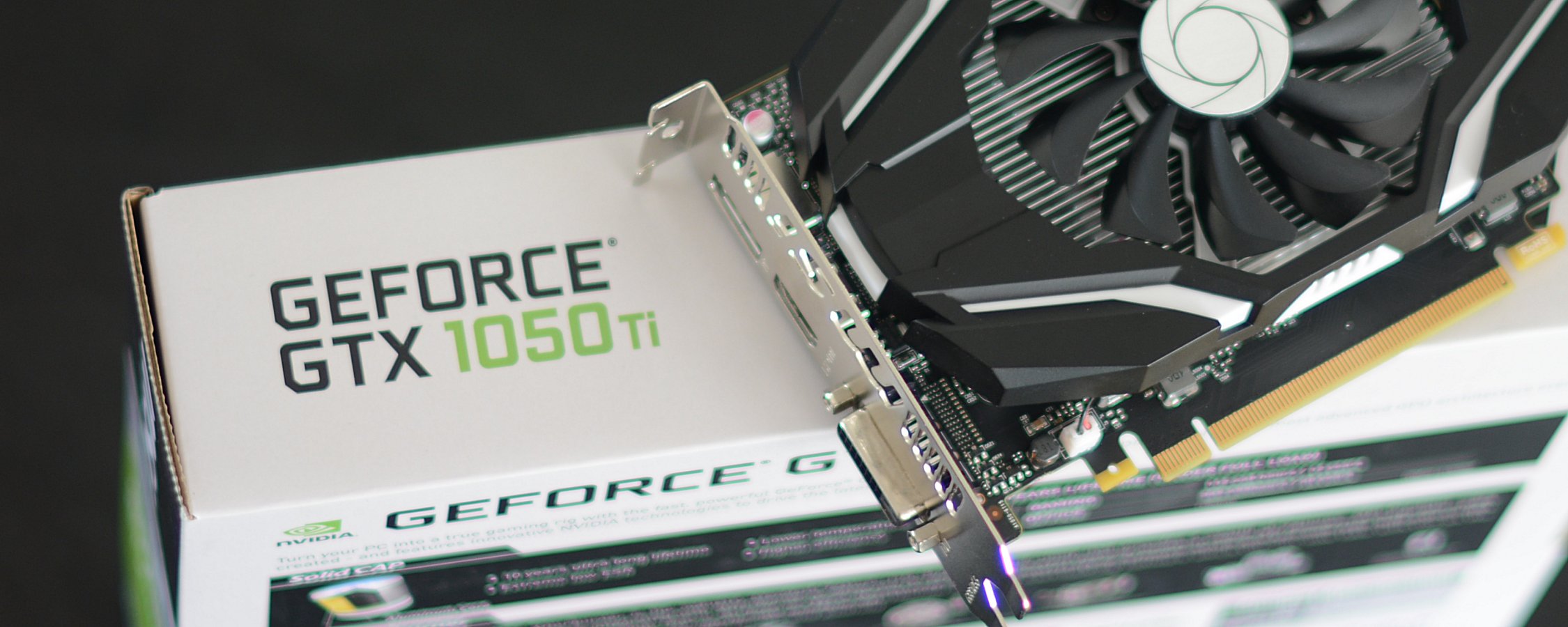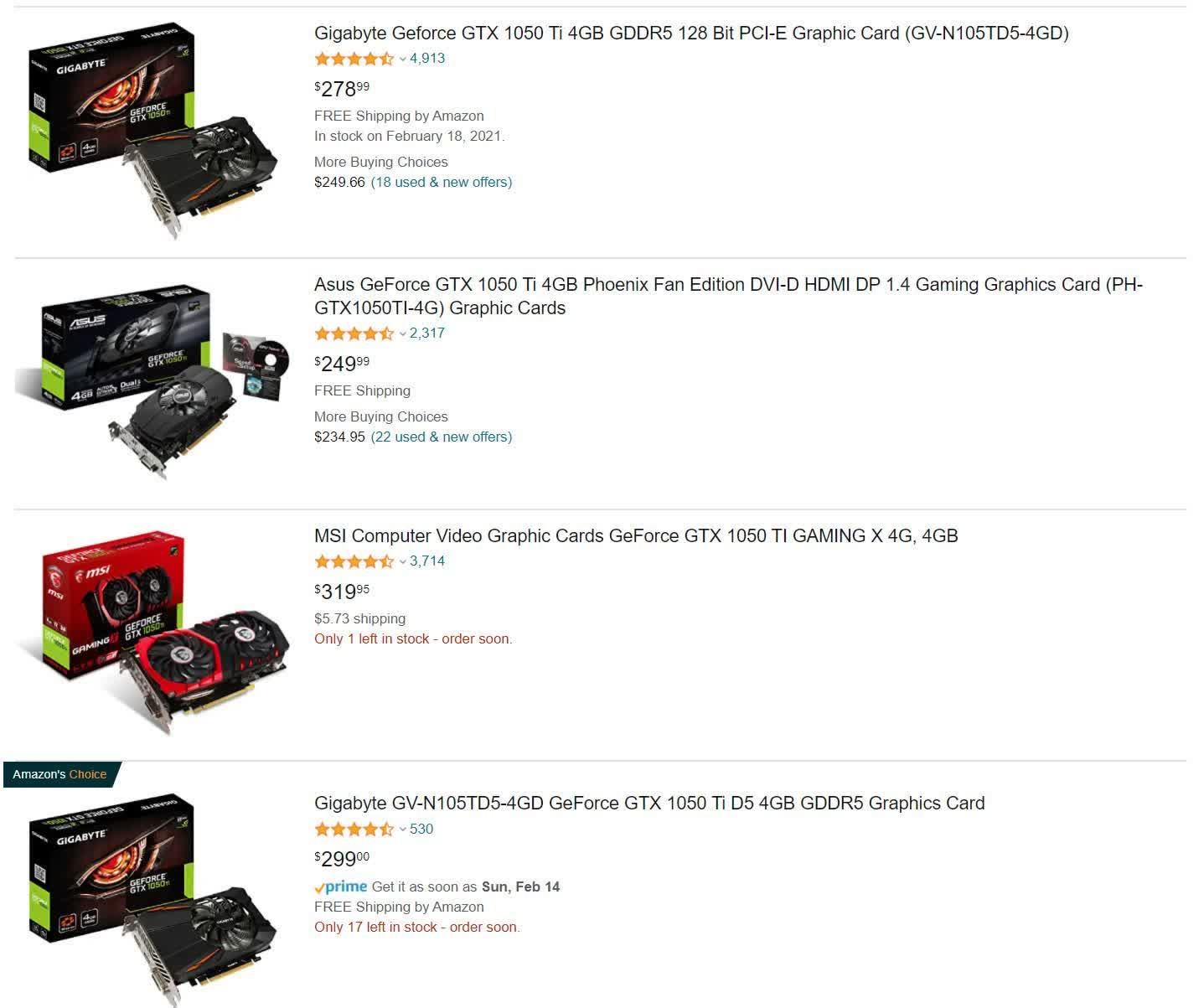Recap: Remember a few weeks ago when we heard reports that Nvidia would be "relaunching" the RTX 2060 to help alleviate the crippling graphics card shortages? The company has just confirmed it will indeed be releasing stock of the Turing GPU, along with the Pascal-based GTX 1050 Ti GPU, to board partners.
PCWorld's Brad Chacos spoke to an Nvidia spokesperson via email about the rumors that it would be reviving GPUs from older generations and releasing them to AIBs.
"The products referenced below were never EOLed [end-of-lifed---ed]. So 'reviving' seems like the wrong terminology to use here," Nvidia said. "More of an ebb and flow really. We're just meeting market demand, which remains extremely high as you noted."
Despite launching back in 2016 for $140, the GTX 1050 Ti is the second-most-popular card on Steam's hardware survey, used by almost 7 percent of participants. The RTX 2060, released in 2019 for $349, is in fifth spot with a 3.5 percent share.
Using the older process nodes means the manufacturing costs for these cards aren't going to be too high. And in the case of the GTX 1050 Ti, which uses GDDR5 memory, it could be produced without the rumored GDDR6 shortages complicating matters.
What could also make the GTX 1050 Ti more freely available is its unsuitability for Ethereum mining, which requires a GPU with more than 4GB of memory. Miners of the crypto have been so desperate recently that they're bulk-buying Ampere-powered laptops direct from manufacturers.
The previous rumors suggested both the RTX 2060 and RTX 2060 Super would be revived, but there's no mention of the latter card. It could be due to the Super variant's extra 2GB of GDDR6, which might pose a problem further down the line if the memory is in short supply.
Right now, both these products are experiencing the same inflated prices as every other card on the market. Most GTX 1050 Ti cards sell for over $250, while the few RTX 2060 models available start at $700. Some retailers have them in stock, suggesting the resupplying has begun. Whether their prices drop might also depend on President Biden removing the 25 percent tariff graphics cards are subject to.


